22 March 2025
Wrestling. It's a sport that dates back centuries and carries with it a legacy of grit, strength, and mental toughness. But when you throw the Olympics into the mix, it becomes a whole new ballgame. The Olympics are the pinnacle of athletic achievement, and for wrestlers, it’s the ultimate stage where legends are made.
But what does it really take to go from a local wrestling mat to standing on the Olympic podium with a gold medal around your neck? Is it all about physical strength, or is there more to it? Let’s break it down.
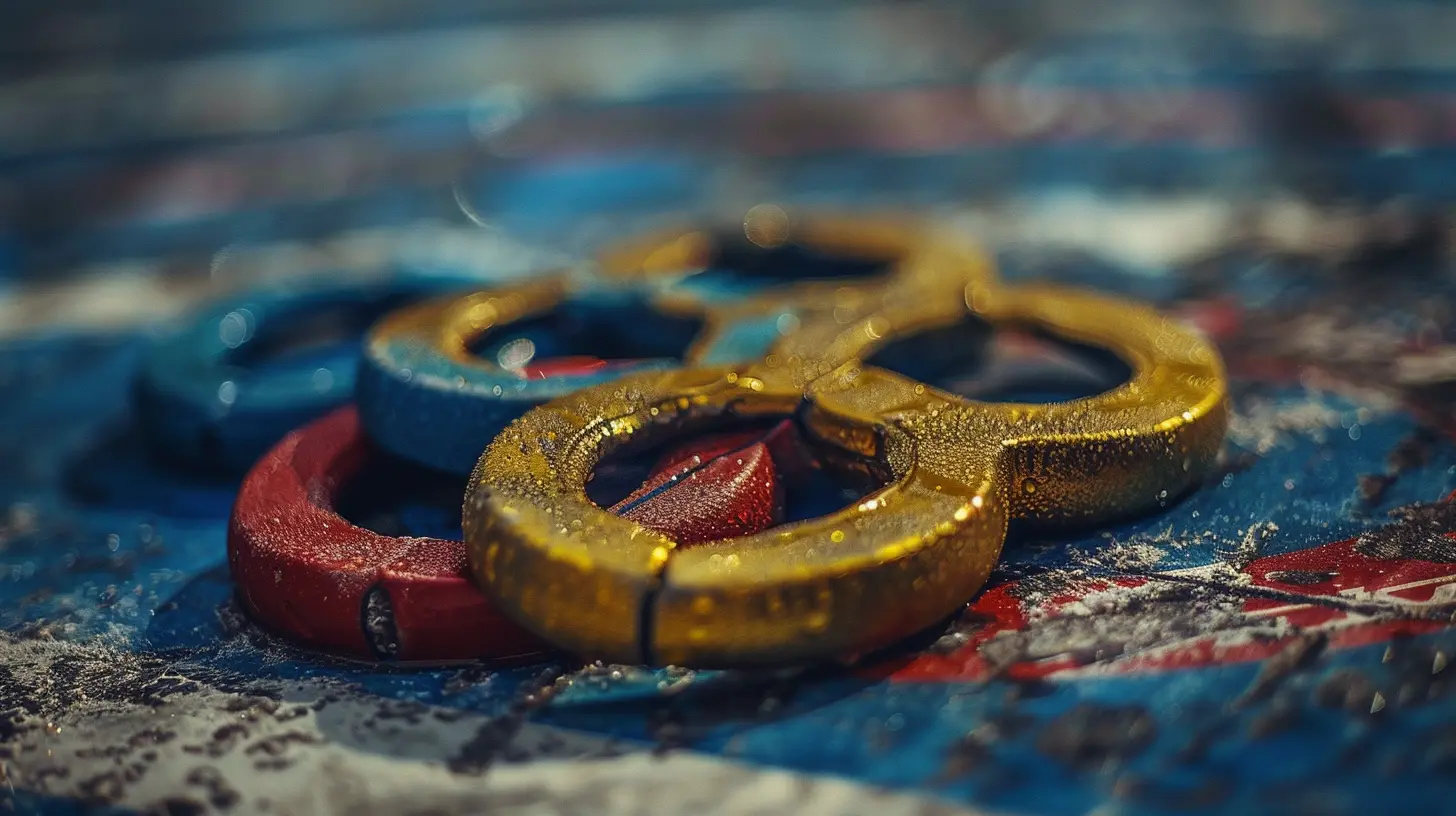
The Early Beginnings: Building the Foundation
Becoming an Olympic wrestling champion doesn’t start with reaching adulthood or even high school. For most athletes, the journey begins in their formative years.Starting Young
Many wrestling champions begin training as early as five or six years old. It’s not just about getting them physically active, but rather, laying the groundwork for a sport that requires both physical and mental discipline. At this age, kids are sponges. They learn faster, adapt easier, and build muscle memory that becomes crucial in the years to come.Think of it like planting a tree. You don’t expect it to grow strong and tall overnight, right? You water it, nourish it, and give it time. The same goes for young wrestlers. They need time to develop, learn techniques, and understand the nuances of the sport.
Developing a Love for the Sport
At the beginning, it’s essential that young wrestlers develop a genuine passion for the sport. Without that love, the road ahead can feel insurmountable. Wrestling is tough, grueling, and often painful. If you don’t have a fire burning in your chest to keep going, chances are, you’ll quit long before you reach the Olympic stage.Coaches often emphasize the importance of making wrestling fun for young athletes. Sure, there’s going to be hard work and discipline, but maintaining a balance is key to keeping them motivated.
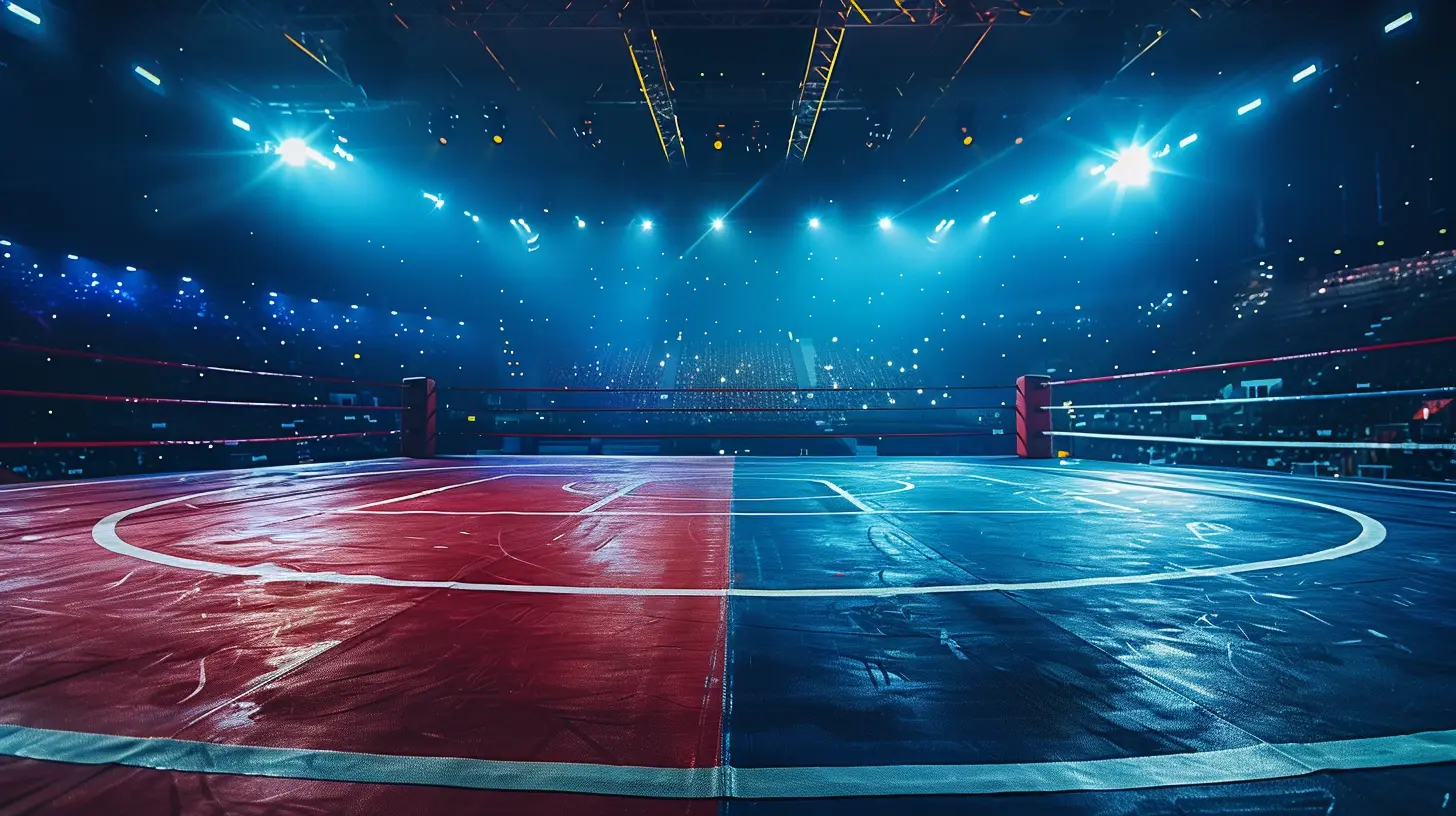
The Teenage Years: Fine-Tuning Skills and Gaining Experience
By the time wrestlers hit their teenage years, things start to get serious. This is when the training intensifies, and the competition becomes fierce.High School Wrestling: A Crucial Step
High school wrestling is often seen as a critical stepping stone on the road to the Olympics. At this point, wrestlers are no longer just learning the basics; they’re refining their skills and starting to gain real competitive experience.High school wrestling tournaments, especially state championships, are where future Olympic champions start to make a name for themselves. The level of competition is high, and this is where wrestlers start to develop their signature moves, strategies, and mental toughness.
The Role of Coaches
Let’s get one thing straight—no one gets to the Olympics on their own. Coaches play a massive role in shaping Olympic champions. A good coach doesn’t just focus on physical training. They are mentors, guiding young wrestlers through the emotional highs and lows of the sport.A coach’s job isn’t just to teach technique but also to instill discipline, work ethic, and mental resilience. They push their athletes to go beyond their limits while making sure they don’t burn out.
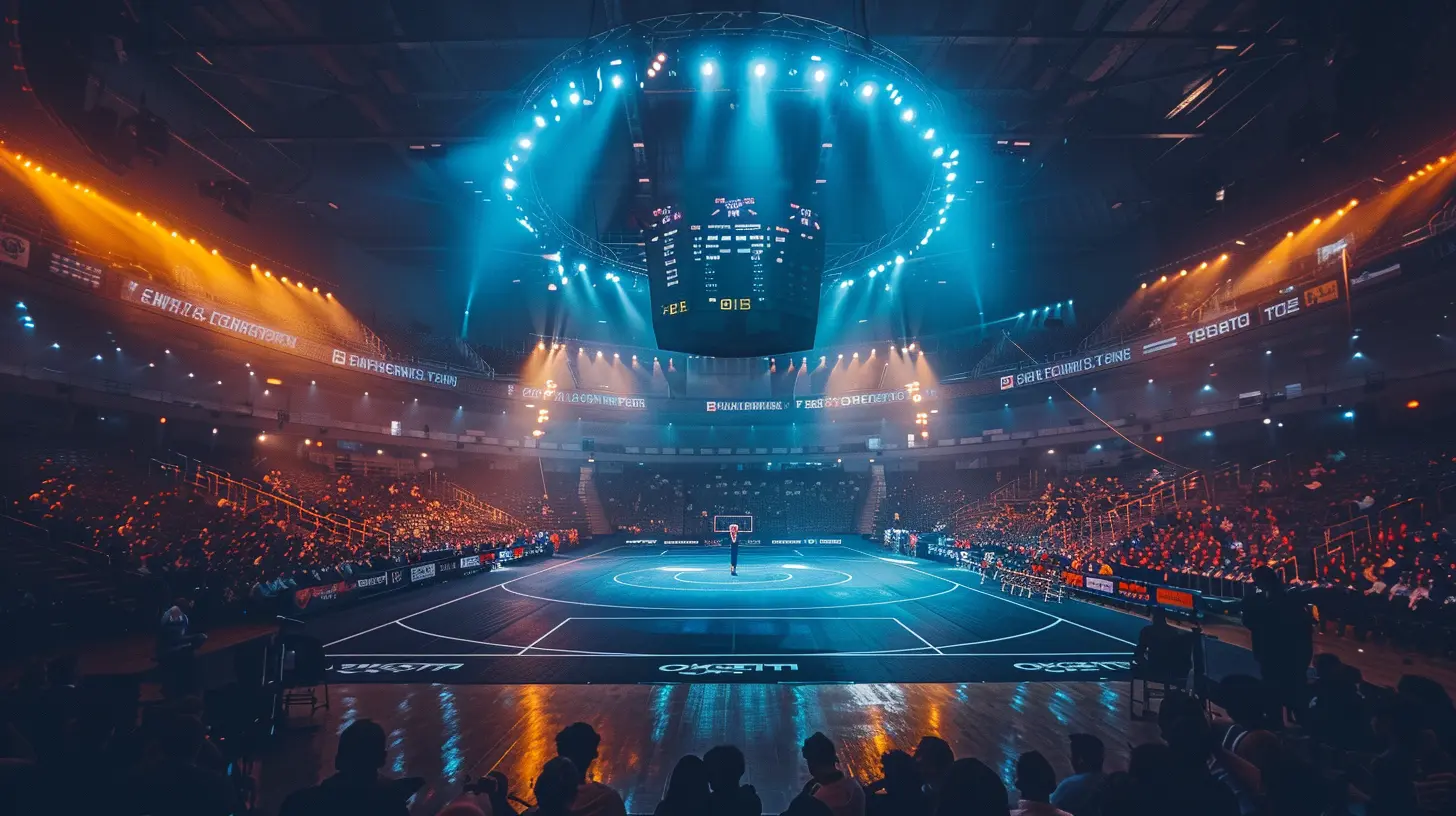
College Wrestling: Where Dreams Get Serious
So, you've made it through high school, and you're pretty good—maybe even a state champion. Great! But in the world of wrestling, that’s just the tip of the iceberg. If you have Olympic dreams, college wrestling is where things get real.Wrestling at the Collegiate Level
Collegiate wrestling is a whole new level of intensity. The competition is fiercer, and the training is more grueling. This is where wrestlers start to develop into the athletes they need to be to compete on the international stage.At this level, athletes are training several hours a day, balancing weight training, conditioning, technique drills, and sparring. It’s not just about being strong; it’s about being fast, flexible, and having incredible endurance.
The Importance of Competing in Tournaments
The road to the Olympics isn’t just about winning matches at your local gym. It’s about building a resume of victories on the national and international stage.College tournaments, like the NCAA Championships, are where wrestlers get noticed by coaches, scouts, and even sponsors. Winning—or at least placing high—at these events is crucial if you want to take your career to the next level.
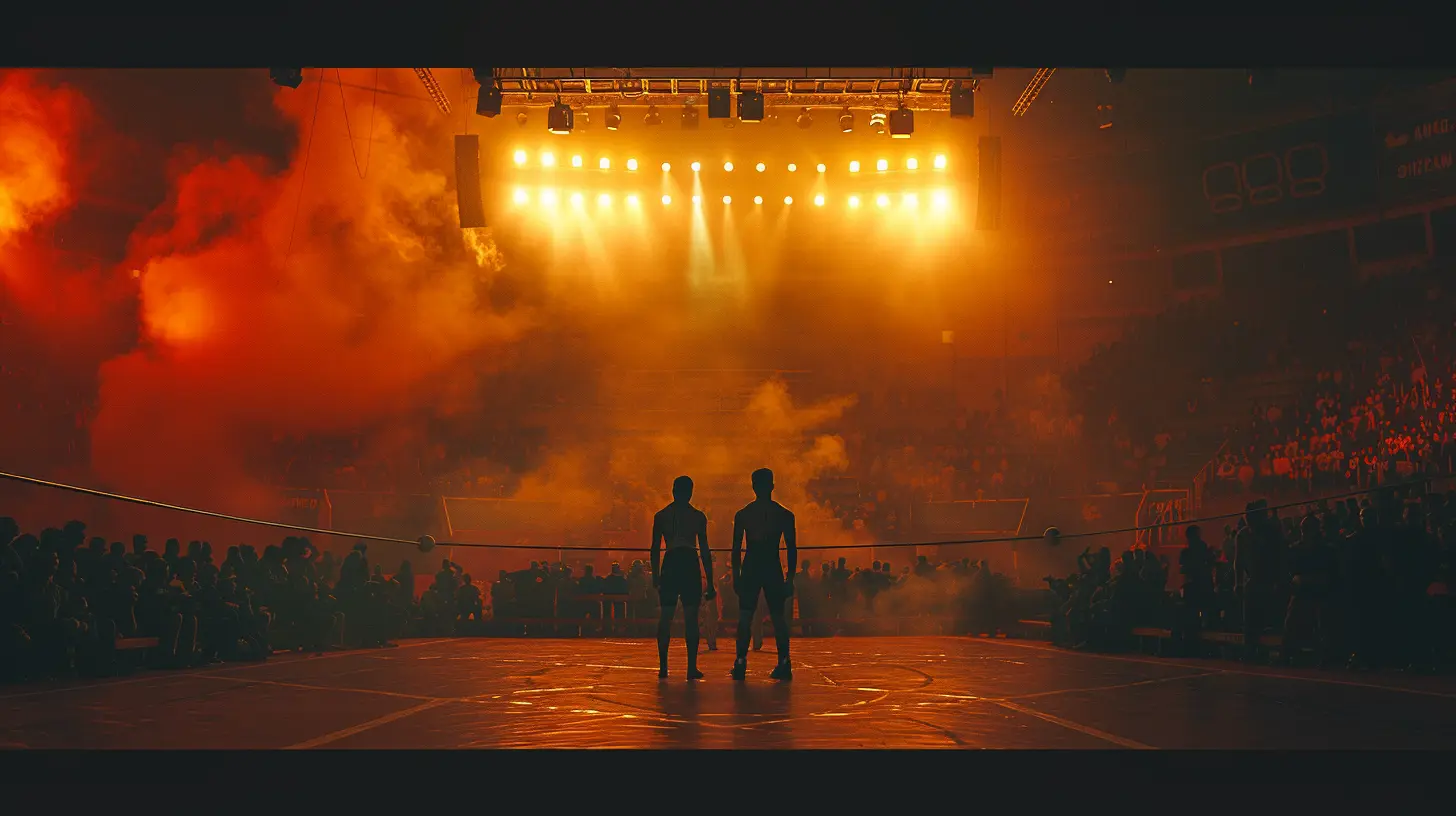
The Transition to International Wrestling
Okay, so you’ve dominated the college scene. What’s next? Well, now comes the big leagues—international wrestling. This is where wrestlers start competing against the best athletes from around the world.The Move to Freestyle and Greco-Roman Wrestling
One of the biggest transitions Olympic hopefuls have to make is shifting from collegiate wrestling (folkstyle) to either freestyle or Greco-Roman wrestling—the two styles featured in the Olympics.This transition is no joke. While the fundamentals of wrestling remain the same, each style has its own set of rules and techniques that take time to master. Freestyle wrestling allows attacks on the legs, while Greco-Roman focuses solely on upper-body moves. Learning the intricacies of these styles is essential for any wrestler looking to make it to the Olympics.
Competing in International Tournaments
To qualify for the Olympics, wrestlers must prove themselves in international tournaments like the World Wrestling Championships and the Pan American Games. This is where they face off against the best of the best, honing their skills and gaining valuable experience.International competition also exposes wrestlers to different styles and techniques from around the world. Wrestling in the U.S. is vastly different from wrestling in countries like Iran or Russia, where the sport is revered. Adapting to these different styles is crucial for success on the world stage.
The Mental Game: Staying Focused and Resilient
We’ve talked a lot about the physical aspects of wrestling, but if you think that’s all it takes to become an Olympic champion, you’re dead wrong. The mental game is just as important—if not more so.Building Mental Toughness
Wrestling is as much a mental battle as it is a physical one. You’re going to face setbacks. You’re going to lose matches, sometimes to opponents you believe you should’ve beaten. How do you bounce back? How do you stay motivated when it feels like the odds are stacked against you?Mental toughness comes from experience, but it also comes from a mindset that refuses to quit. Olympic champions are often the ones who can push through pain, doubt, and fatigue when others would give up.
Visualization and Mental Training
Many Olympic athletes use visualization techniques to prepare for matches. By mentally rehearsing their moves and picturing themselves winning, they build confidence and reduce anxiety before stepping onto the mat.It’s not just about imagining success, though. Athletes also visualize overcoming challenges, like being down on points or facing a particularly tough opponent. By mentally preparing for adversity, they are better equipped to handle it when it happens.
The Final Push: Qualifying for the Olympics
So you’ve trained for years, competed in national and international tournaments, and built the mental toughness necessary to win. Now all that’s left is qualifying for the Olympics.The U.S. Olympic Team Trials
In the U.S., wrestlers must go through the Olympic Team Trials, a grueling tournament that determines who will represent the country at the Olympic Games. Only the best of the best make it through.Even if you’ve dominated on the international stage, there are no guarantees. The trials are a pressure cooker, and anyone can rise—or fall—on any given day.
The Olympic Dream
Finally, after years of blood, sweat, and tears, you’ve made it. You’re headed to the Olympics. But the journey isn’t over yet. Now comes the greatest challenge of all—competing on the world’s biggest stage, with millions of eyes watching your every move.For those who make it this far, the Olympics represent the culmination of a lifetime of work. But getting there is only half the battle. Winning? That’s a whole other story.
Conclusion
So, what does it take to become an Olympic wrestling champion? It’s not just about brute strength or natural talent. It’s about dedication, discipline, mental toughness, and an unrelenting desire to be the best. From early childhood training to international competition, every step of the journey is a building block towards greatness.Becoming an Olympic champion isn’t easy—it’s a road filled with obstacles, setbacks, and sacrifices. But for those who make it, there’s no greater reward than standing on that podium, knowing you gave it everything you had.


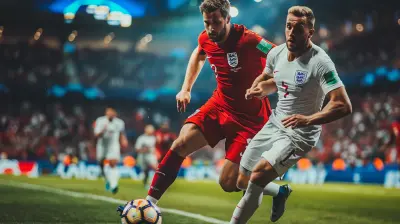
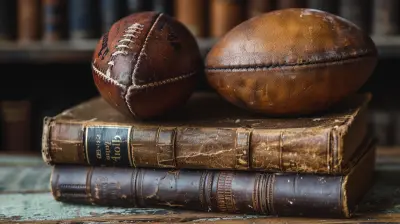
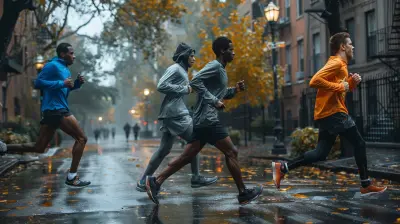
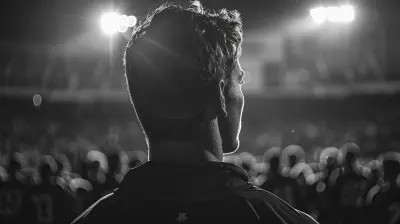
Zander McClintock
This article insightfully highlights the dedication, mental resilience, and rigorous training required for wrestling champions. It underscores the athlete's journey, which often goes beyond physical prowess.
April 2, 2025 at 12:06 PM